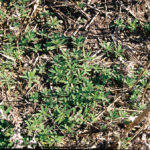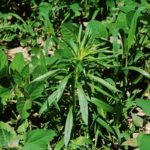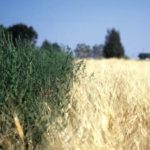Triple-resistant” kochia — kochia resistant to herbicides in Groups 2, 4 and 9 — hasn’t yet been confirmed in Alberta despite recent media reports, says Hugh Beckie, a weed scientist with Agriculture and Agri-Food Canada. Surveys have turned up two-way resistant kochia, specifically Group 2 plus Group 4, and Group 2 plus Group 9 resistant weeds, but […] Read more













